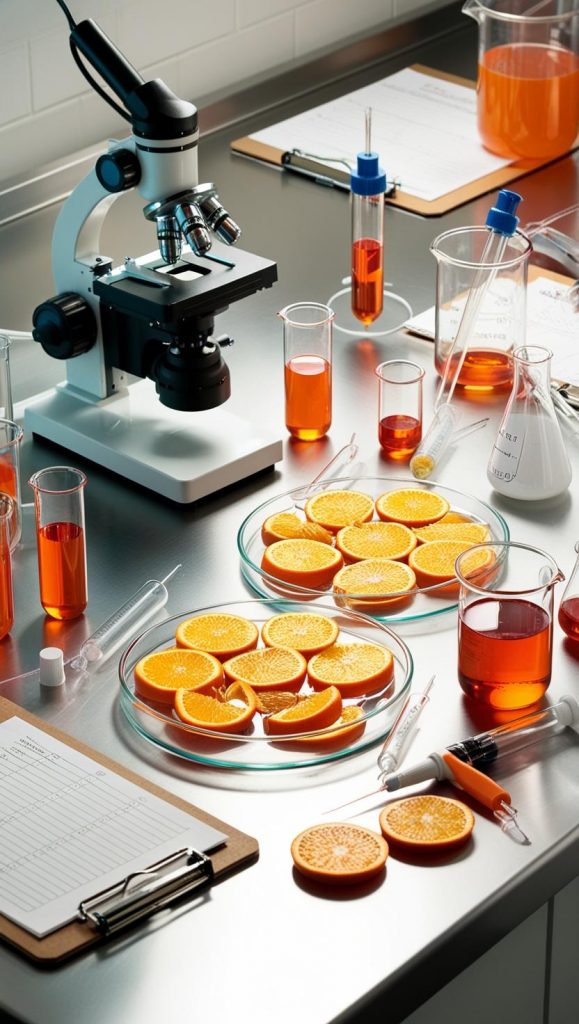The recent in vivo study published in Biomedicines, which involved the collaboration of the Pharmacognosy Laboratory with the Institute for Bioeconomy of the National Research Council of Florence, in addition to the participation of other Italian and Chinese partners, has attracted media interest from various health-related publications.
The study, funded by the company Alfasigma, opens new perspectives for the treatment of minimal hepatic encephalopathy (MHE), a neuropsychiatric complication linked to severe liver dysfunction. The study evaluated the effects of AL0042, an innovative phytocomplex obtained from blood orange by-products through hydrodynamic cavitation, an innovative low-temperature, “green” and efficient extraction method that uses water as a solvent.
AL0042, rich in flavonoids (especially hesperidin), pectins and essential oils, has shown significant efficacy in a mouse model of MHE induced by thioacetamide. In mice treated with the extract, an improvement in motor performance, a reduction in inflammatory markers at both liver and brain level and protection from oxidative damage were observed.
This work highlights the importance of sustainable reuse of agro-food waste in a therapeutic key and confirms the pharmacological value of natural phytocomplexes. AL0042 represents a promising resource for the future treatment of liver diseases with neurological implications; the results emerging from this research suggest the deepening of its pharmacological activity through further clinical studies.

